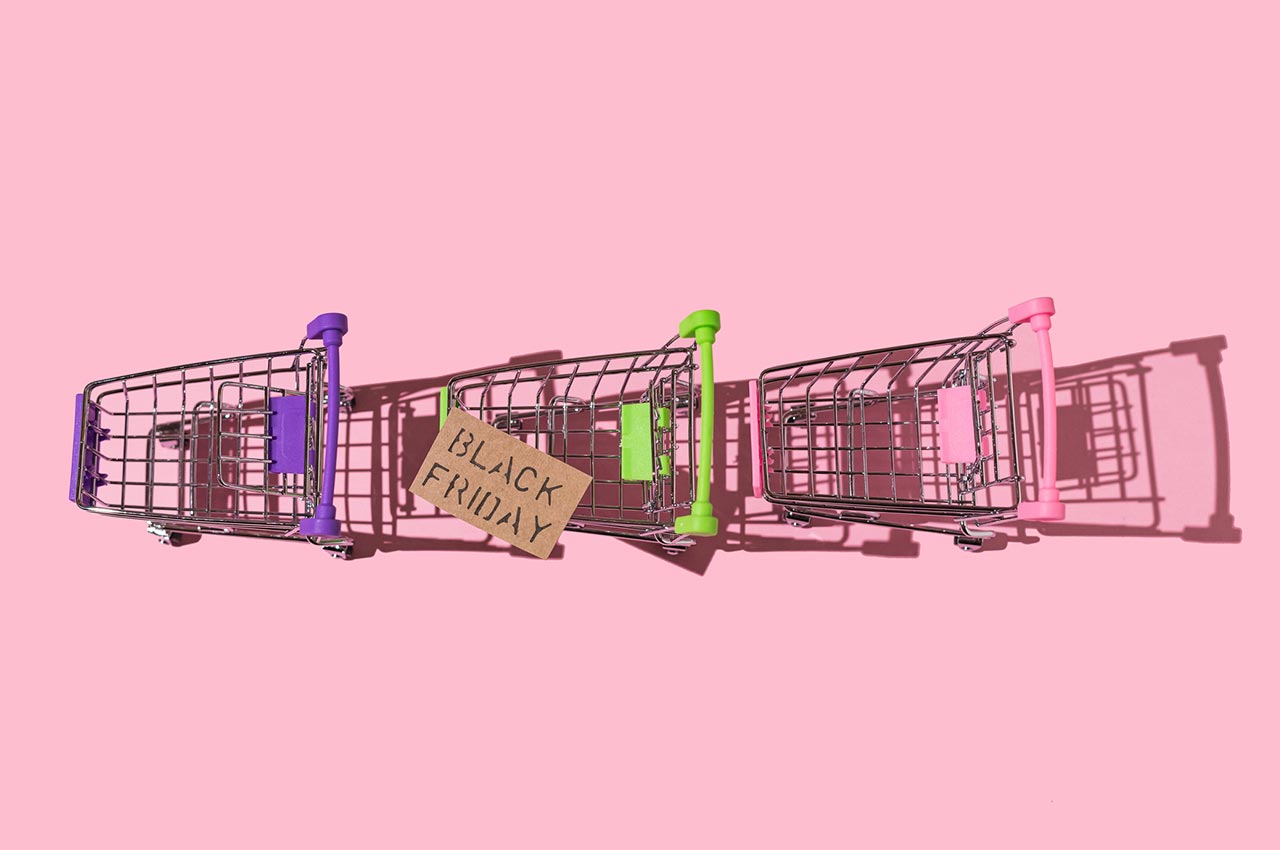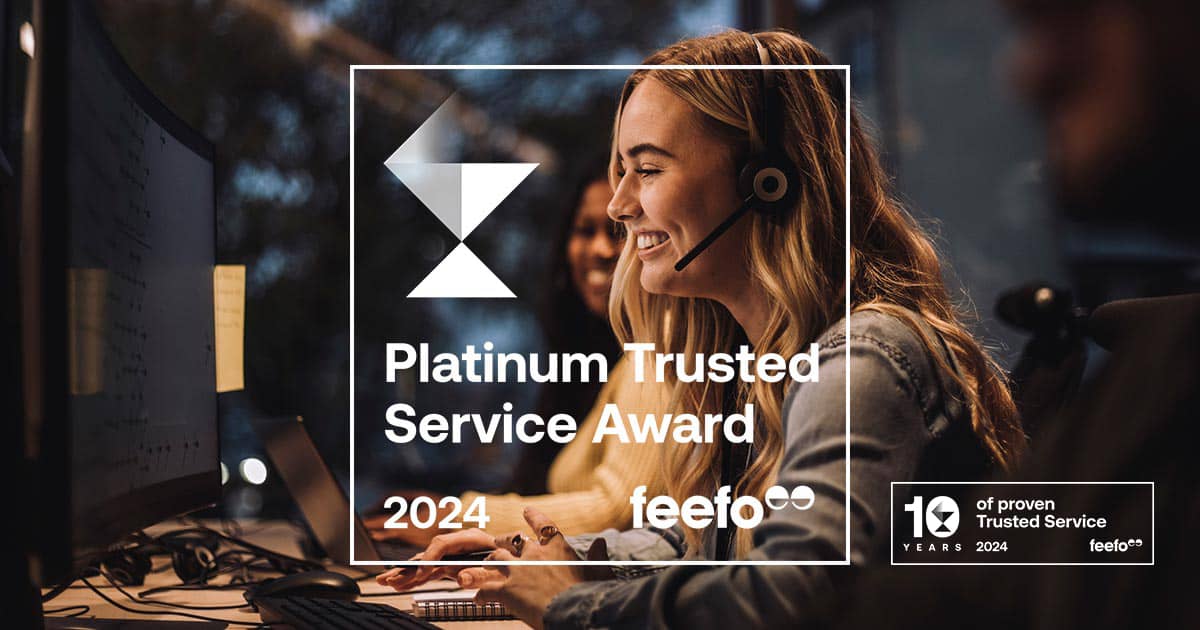The way online retailers are expected to present their products to customers is ever changing. Thanks to advances in digital marketing which are backed by behavioural science and AI algorithms, online businesses now navigate a very complex and often crowded world in which retailers must fight for their customers attention and indeed, their hard earned cash.
Things are even more complex when you start to consider brand loyalty – something which multi-brand retailers may struggle to build with their customers. New research carried out by Google highlights that brand loyalty is more prominent than retailer loyalty when it comes to online customers. In the study, which used a sample of 1,000 participants simulating 120,000 online shopping scenarios, 47% of participants indicated they would be willing to switch from their usual retailer to a new one if it meant they could get a better deal on a brand or a particular product.
Shockingly, only 25% of participants would do the opposite and would decide to stick with their preferred retailer and purchase an alternative brand or product, showing loyalty to the seller rather than the producer. It is widely assumed therefore that for customers, feelings towards a particular brand or product are stronger than the feelings a customer will have towards a retailer – this is a working example of the ‘shop around for a good price’ mentality which dominates the e-commerce sector.
In simple terms, customers care less about where they buy a product from, and more about the product itself. This is why it’s so important for multi-brand retailers to master their marketing messaging in order to retain customers and make the most of the products they sell and stand out ahead of the competition, by offering prospects more for their money.


















